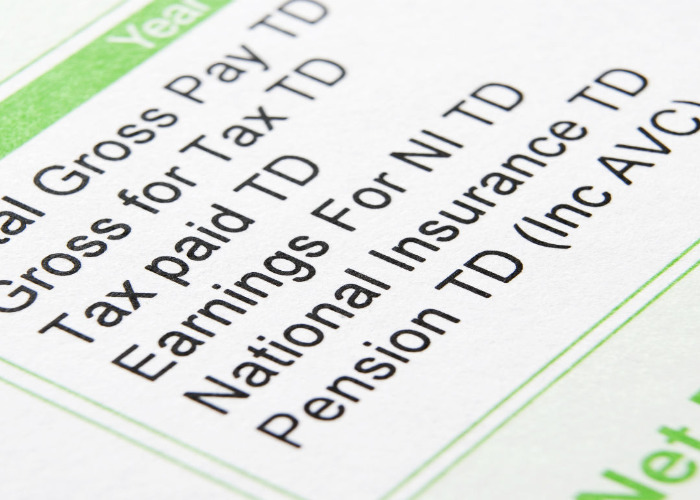New State Pension will mean bigger tax bill for millions

The end of the State Second Pension will mean workers and employers have to pay more tax via National Insurance Contributions.
Over six million workers and many employers like hospitals and schools will be hit with a stealth tax rise from next month as the Government moves to shakeup the State Pension system.
From 6th April, there will be a new State Pension, which will pay those reaching state pension age on or after this date a flat rate of up to £155.65 a week.
This new scheme will replace the complicated basic State Pension and as a result will also see the State Second Pension abolished. The closure will mean a system called ‘contracting out’, which allows workers and employers to pay lower National Insurance contributions, will also end.
This move, announced in the March 2013 Budget, will see millions of workers suffer an unexpected pay cut from next month while many employers will be hit with a much bigger wage bill to shoulder as their National Insurance costs rise.
No more ‘contracting out’
The State Second Pension (also known as S2P or the Additional State Pension) can top up your basic State Pension.
You build up entitlement through your National Insurance contributions.
Currently workers in a defined benefit workplace pension are allowed to ‘contract out’ of paying into the State Second Pension and pay the money into a private pension instead.
To reflect the fact that they do not get the State Second Pension, contracted out workers pay a lower rate of National Insurance contributions, while their employer’s National Insurance bill is also reduced.
Under the new State Pension, scheme workers and employers will no longer be able to benefit from this system.
It’s estimated that there are 1.3 million active members of contracted-out private sector schemes and a further 5.4 million members of public sector pension schemes that could be affected by the change.
Taking a pay cut
For workers, National Insurance costs will rise by 1.4% which amounts to an average £37 cut in take-home pay, while businesses will have to shoulder an increase of 3.4% on their wage bill.
Some firms have announced the increased costs will be passed onto workers.
State-owned RBS for example will force 27,000 employees in its defined benefit scheme to cover the £18 million in extra payroll costs. Staff will have to pay 1% more into their pensions from October and will suffer another 1% rise in 2017.
Overall the move is set to net the Treasury £5.5 billion in 2016/17.
‘Unacceptable’
Unison, the trade union for public services, called the move "unacceptable" and claims it will take workers and employers by surprise.
However, the Government’s bottom line is that the vast majority of affected workers will end up receiving a larger State Pension with the new scheme.
Read these next:
Pension credit cuts linked to increased deaths in over 85s
Age UK: 70,000 men and women set to miss out on new State Pension
The Basic State Pension and new flat-rate State Pension explained
Comments
Be the first to comment
Do you want to comment on this article? You need to be signed in for this feature